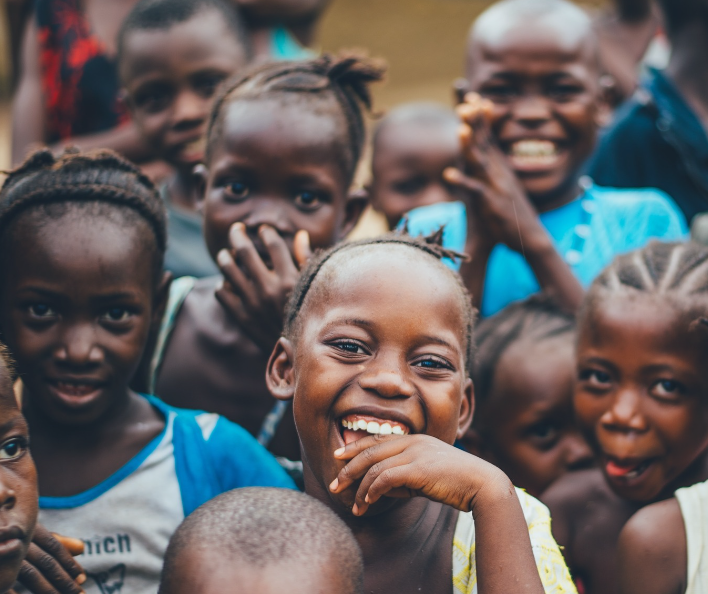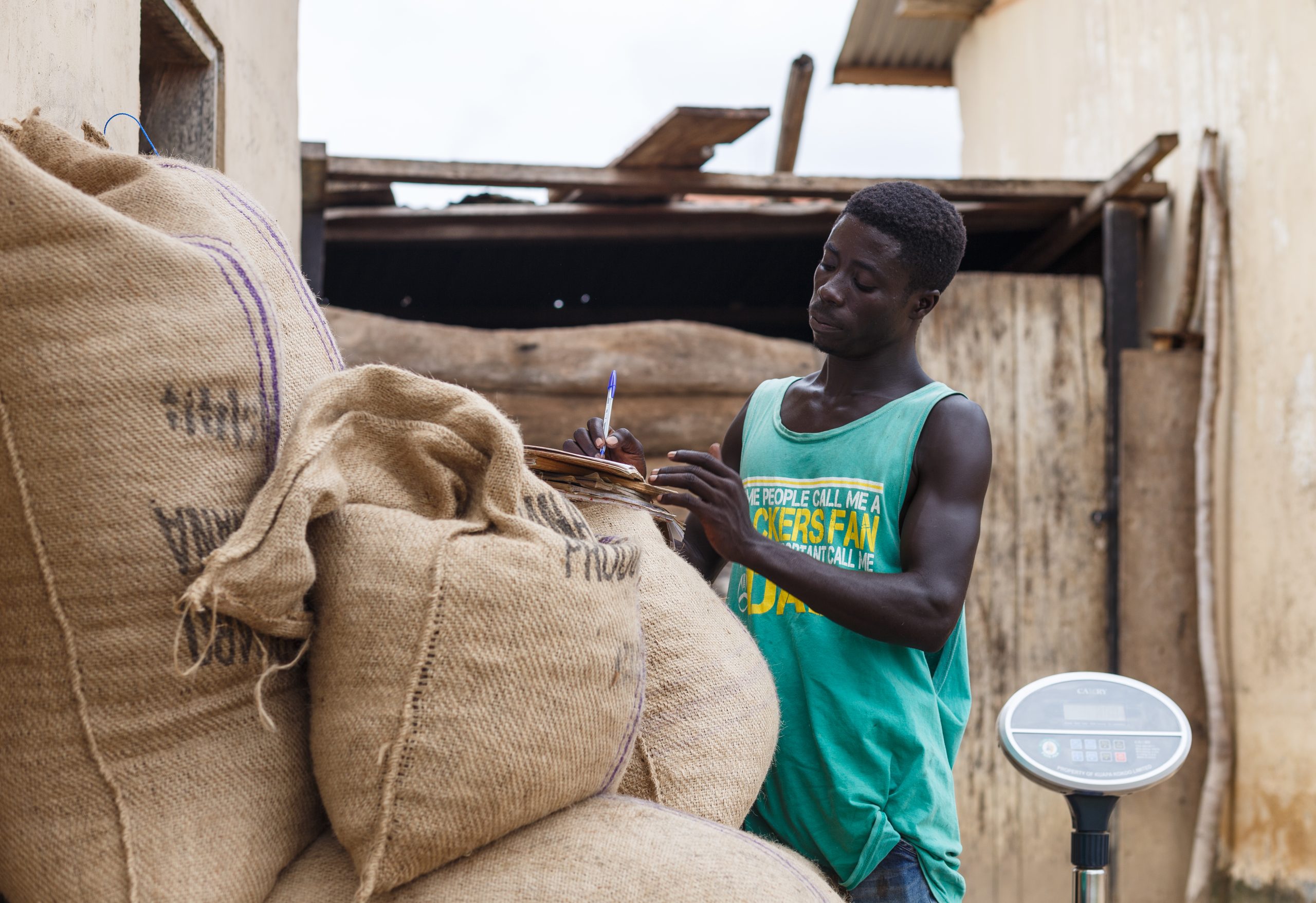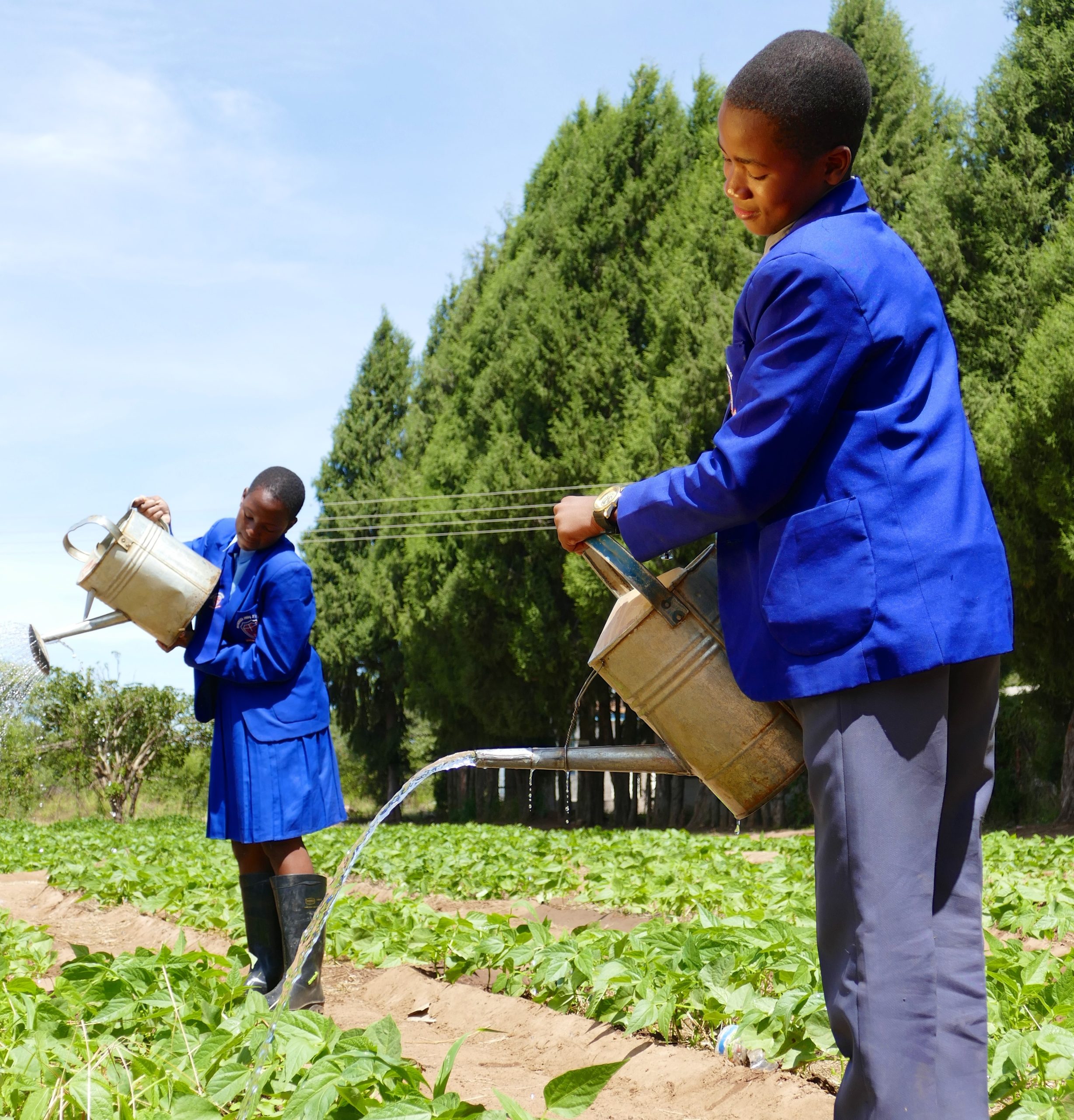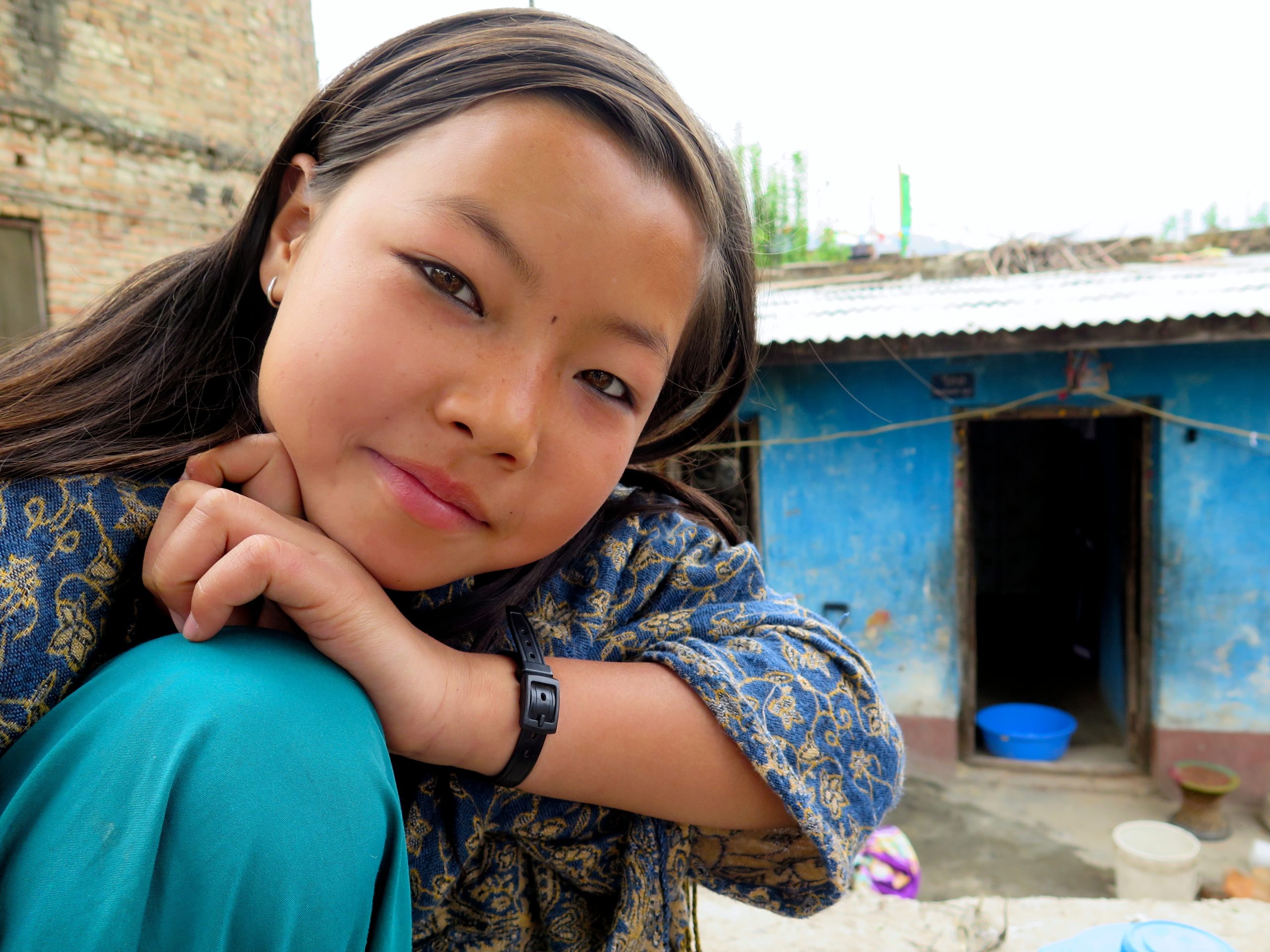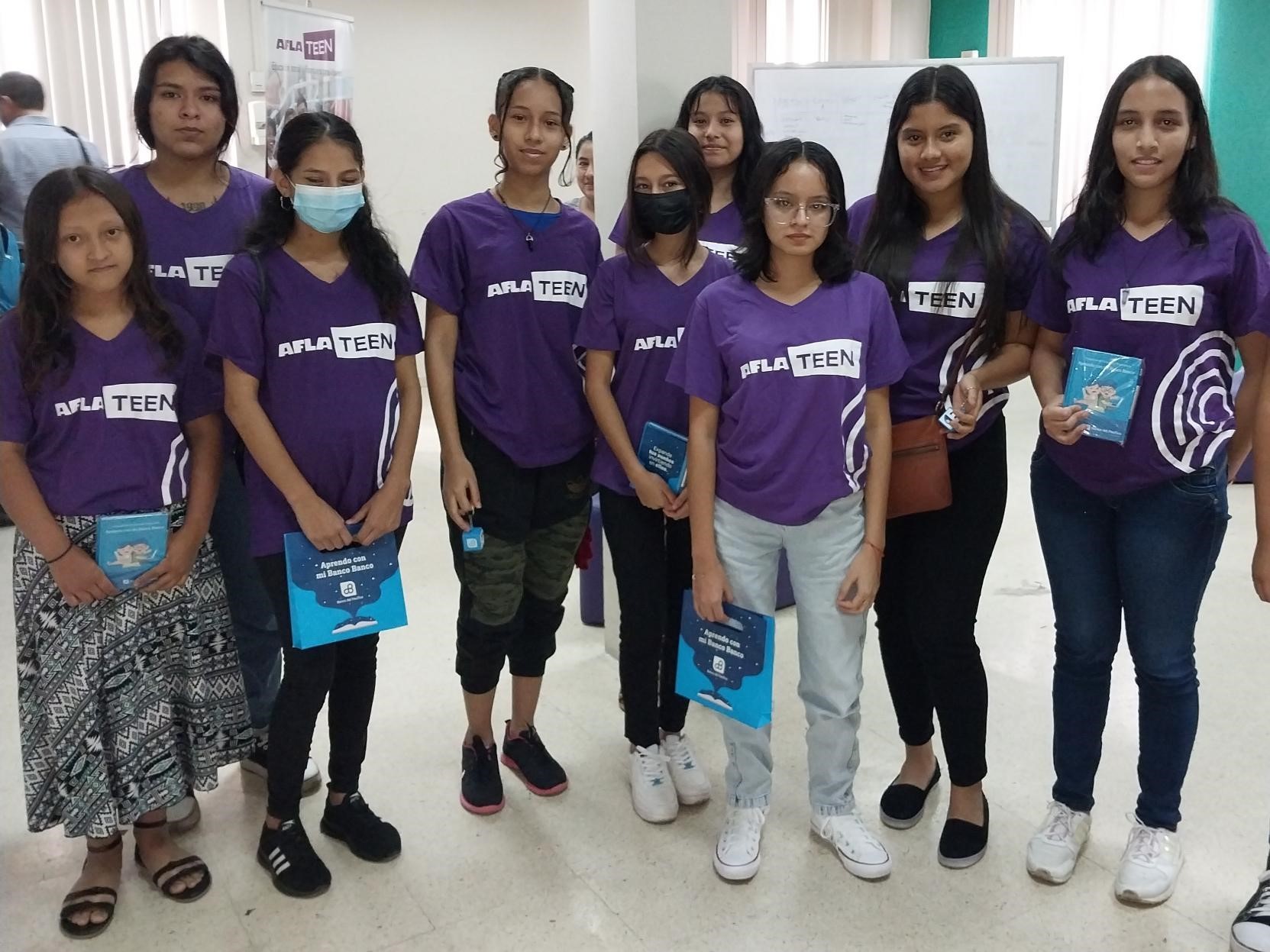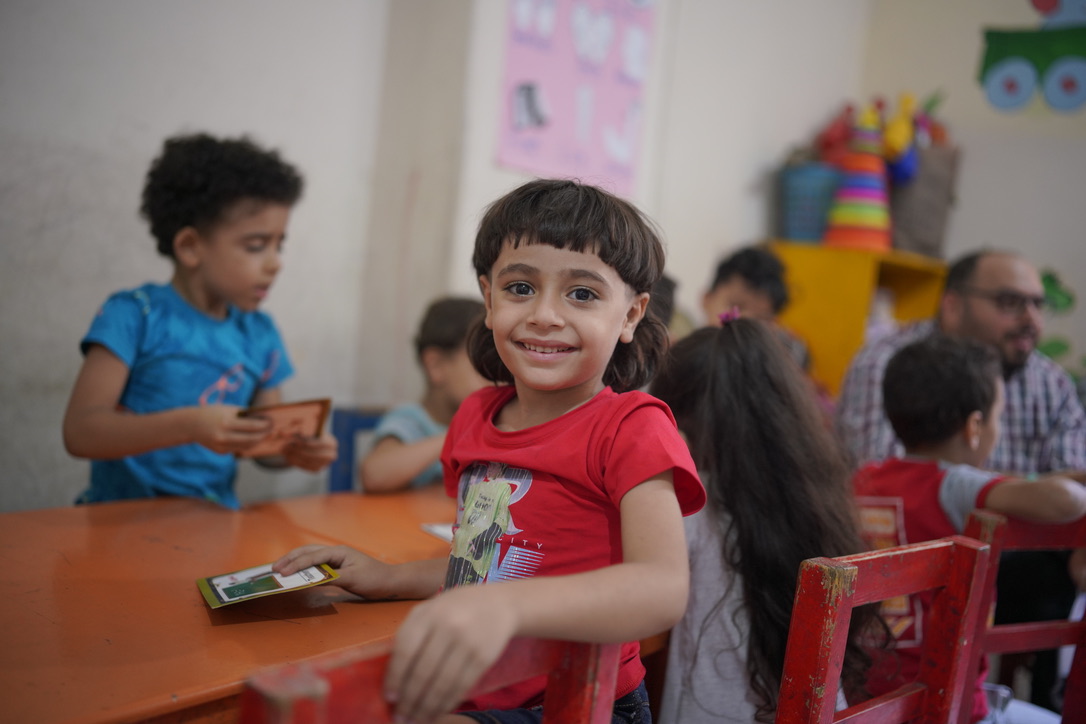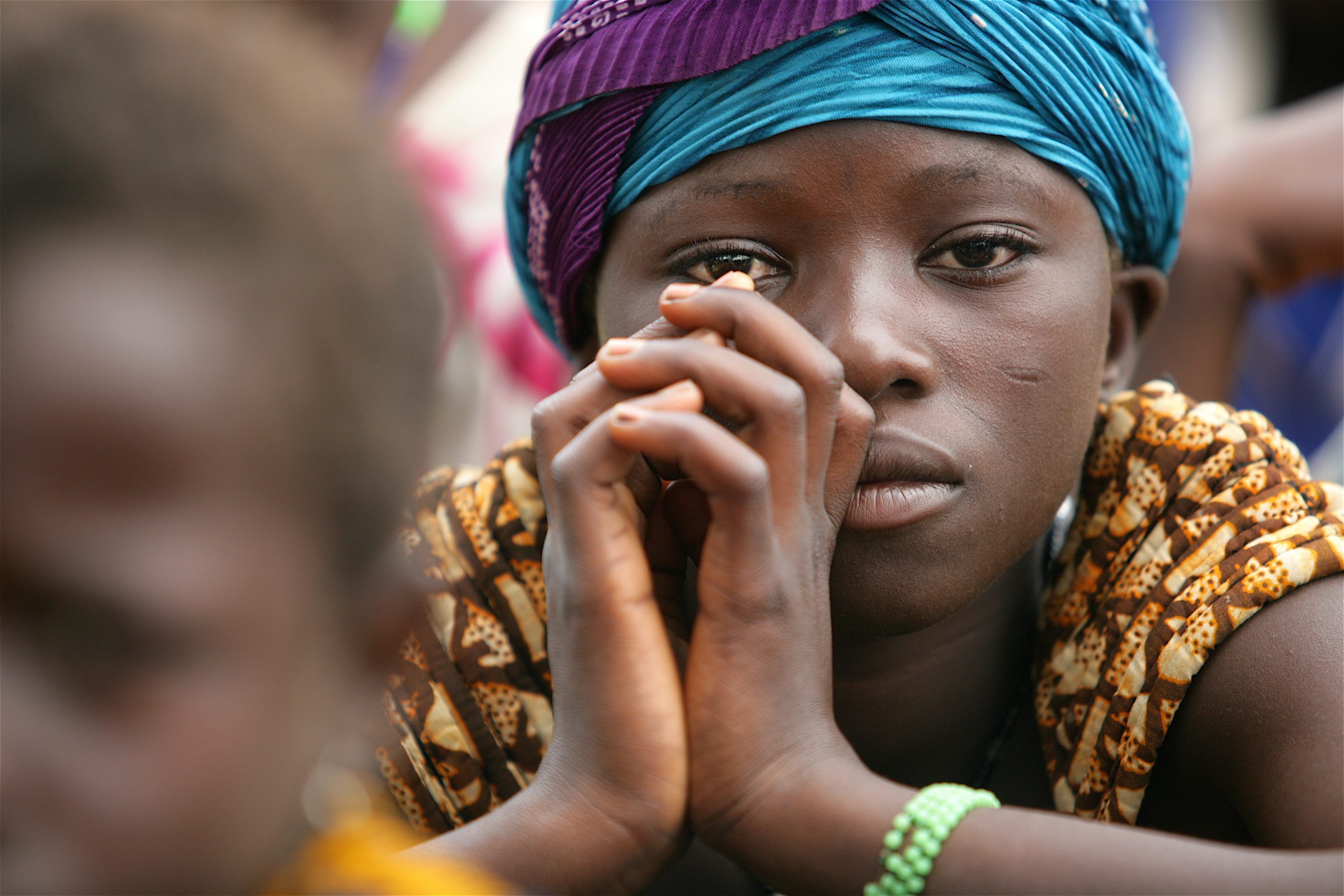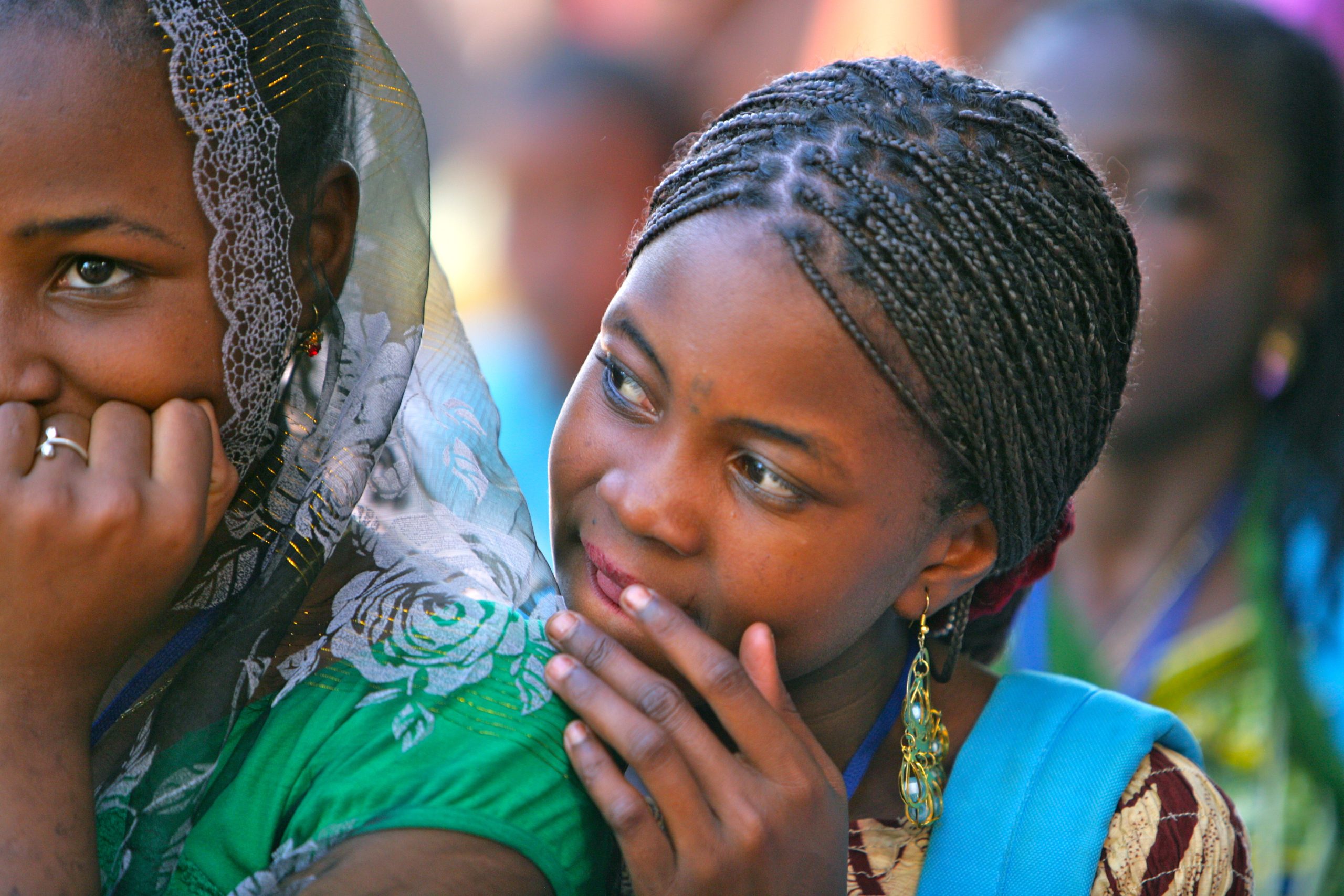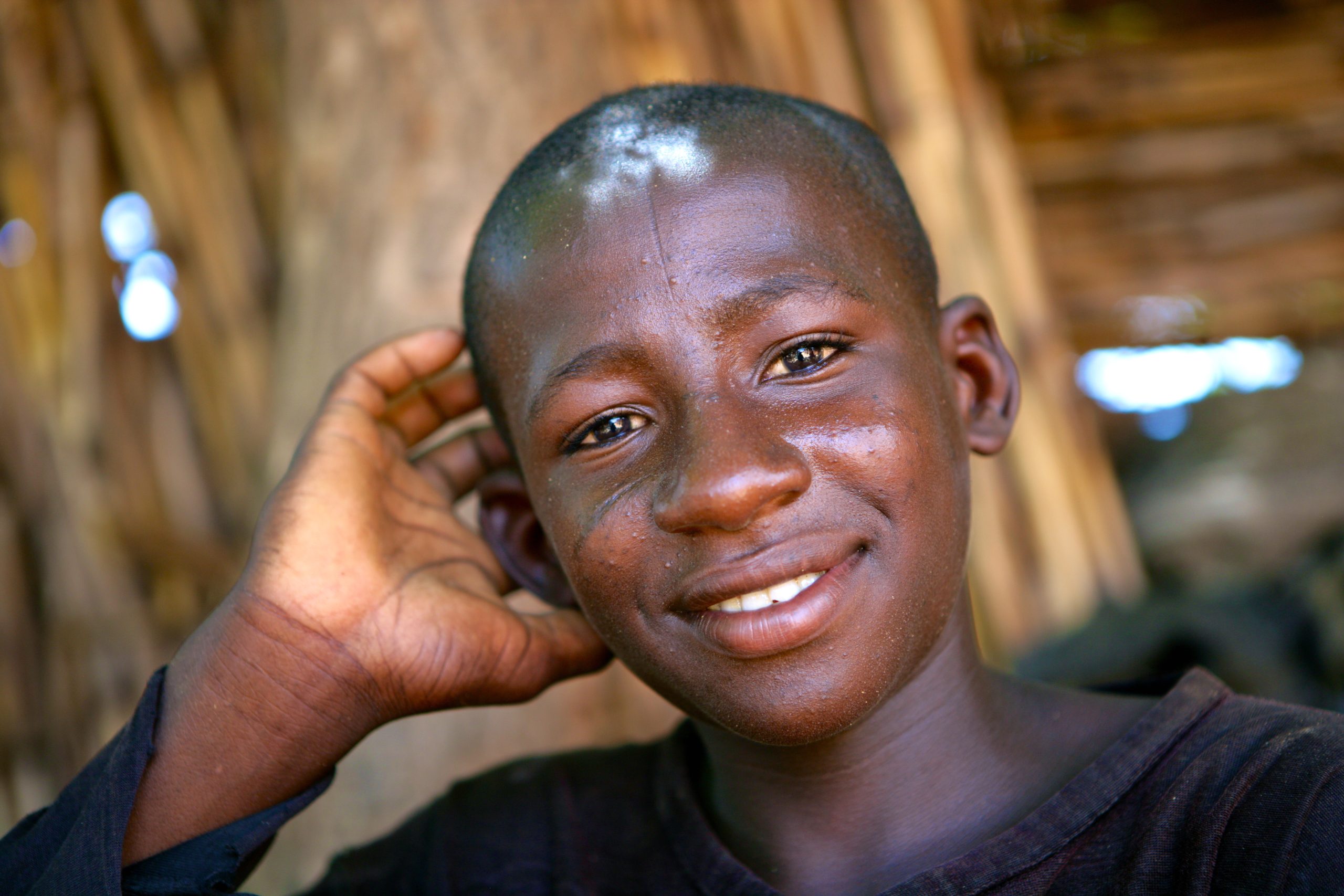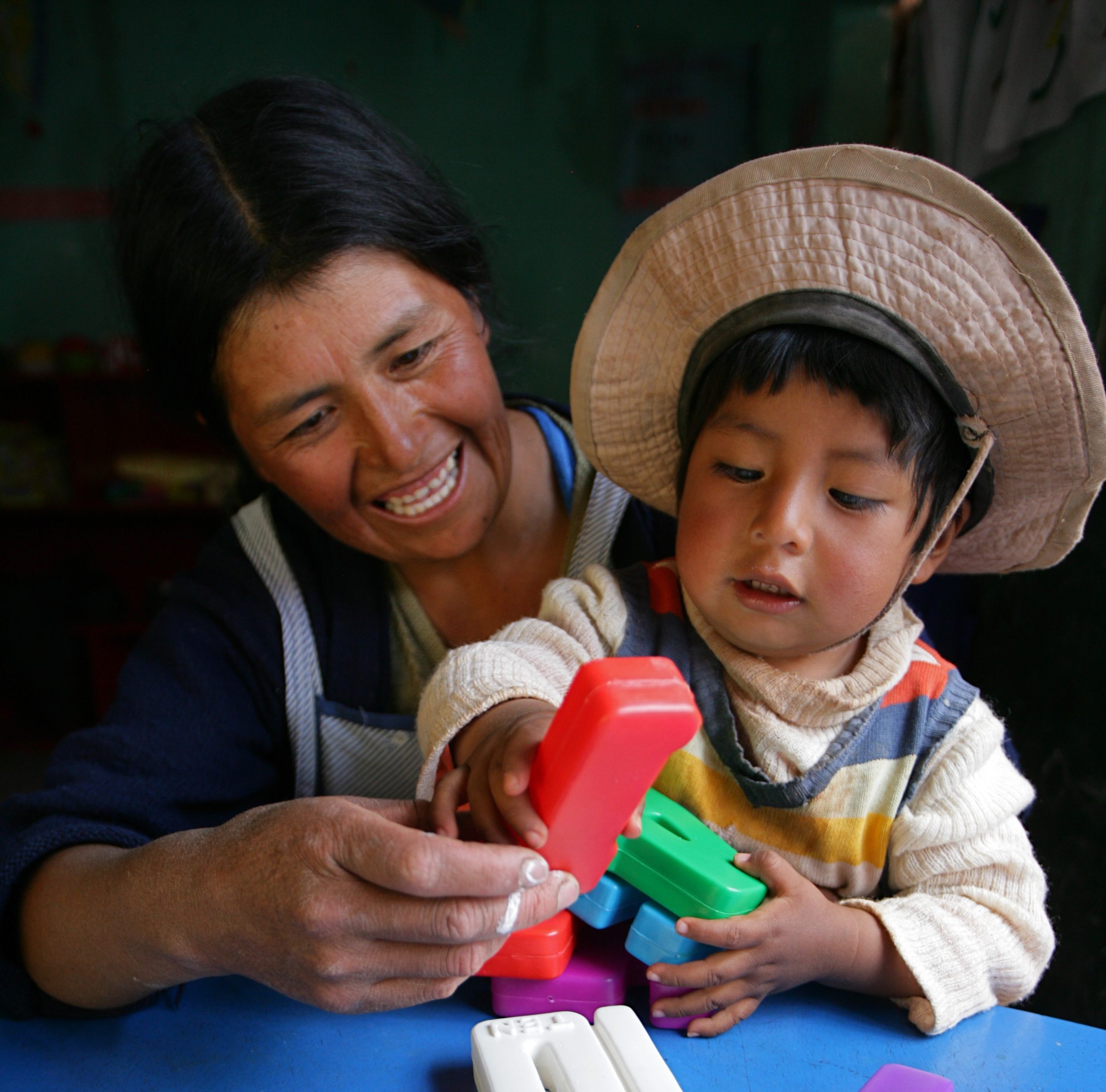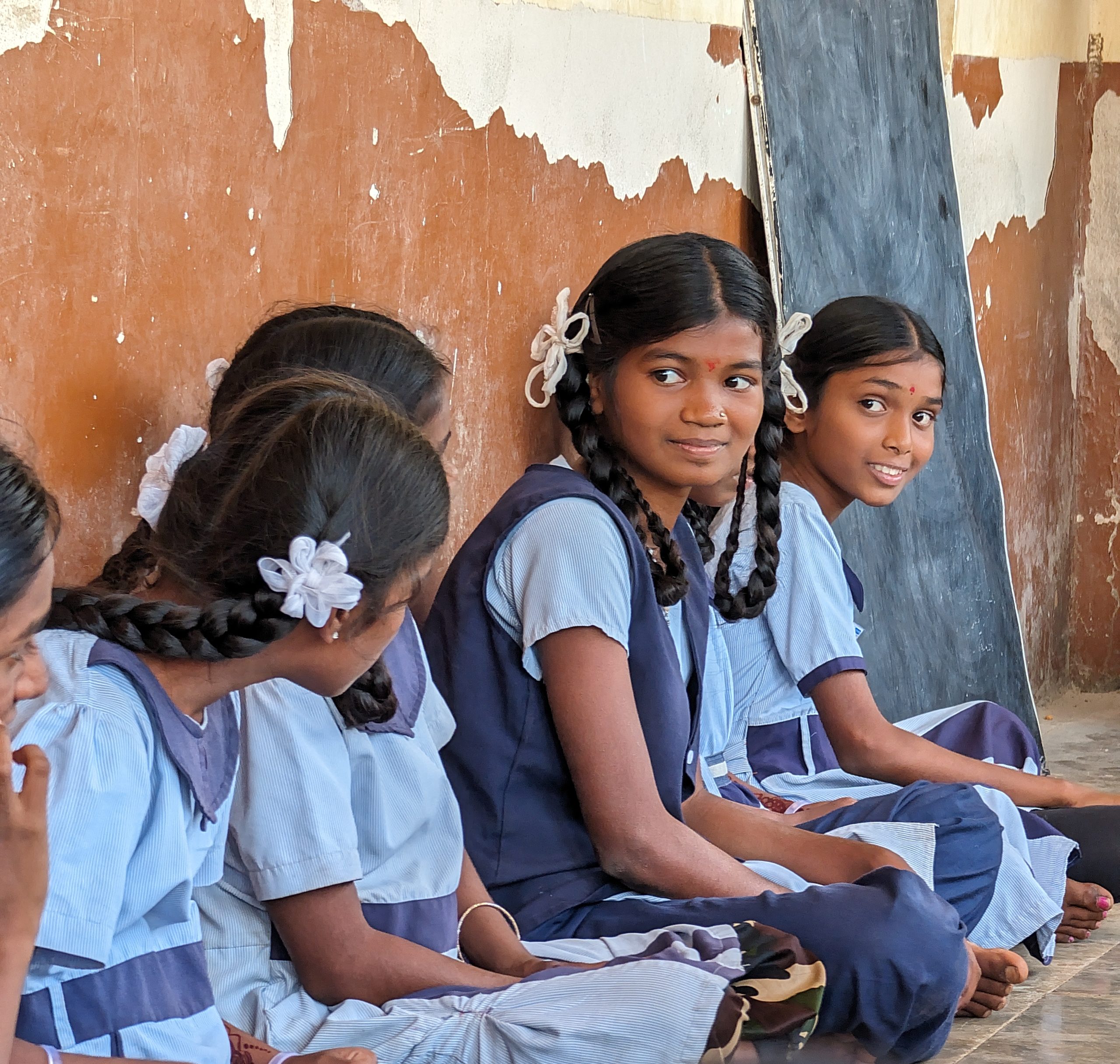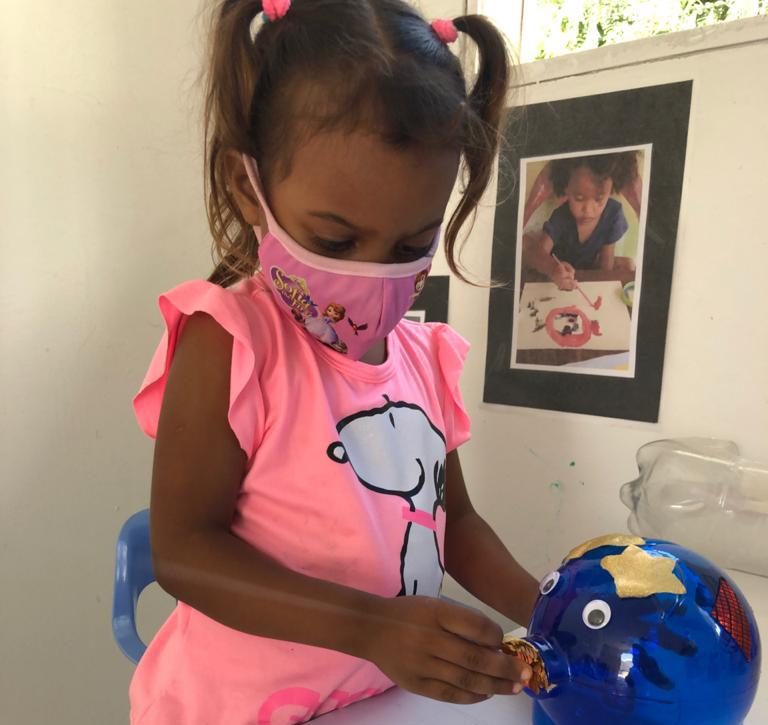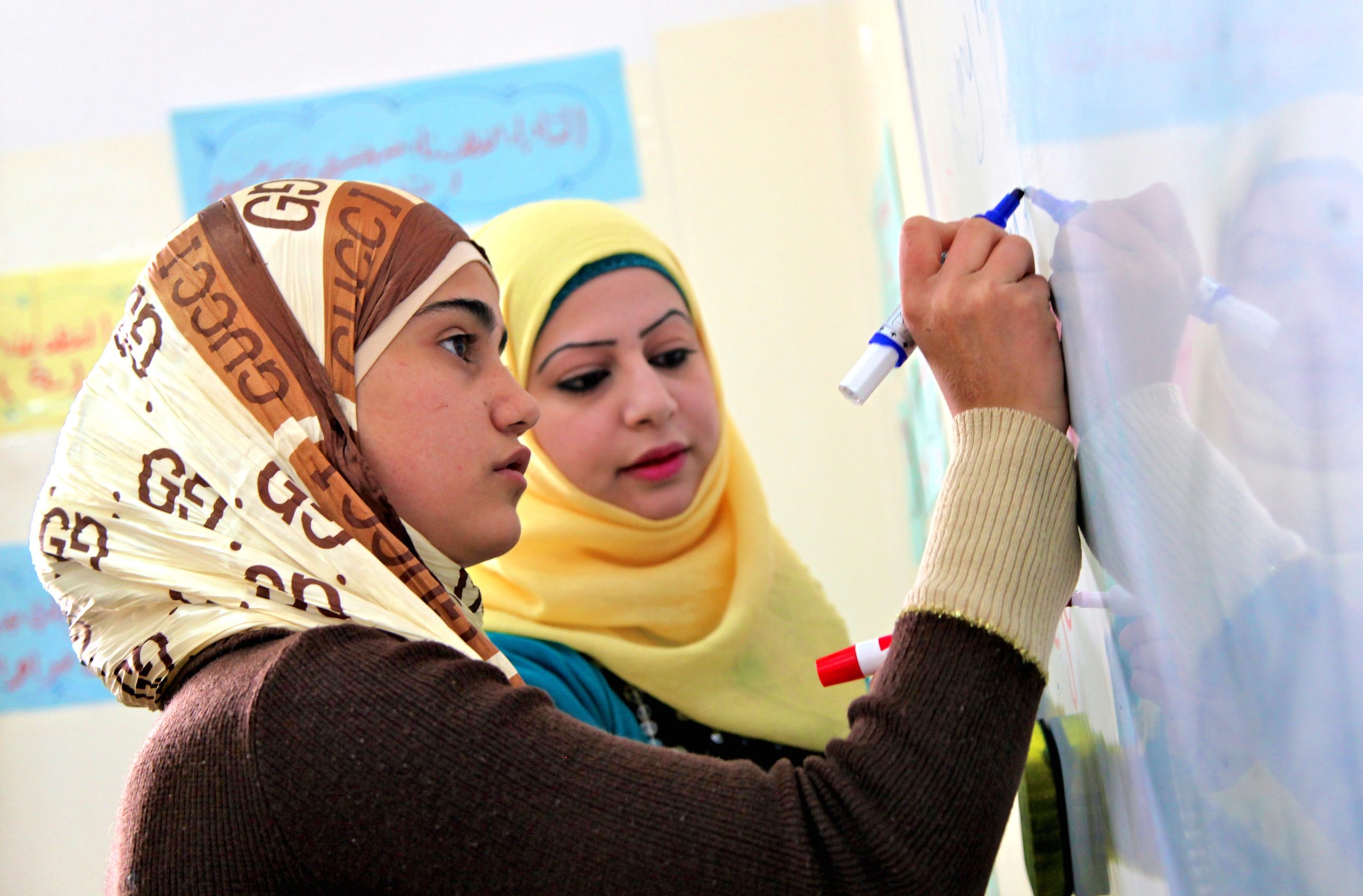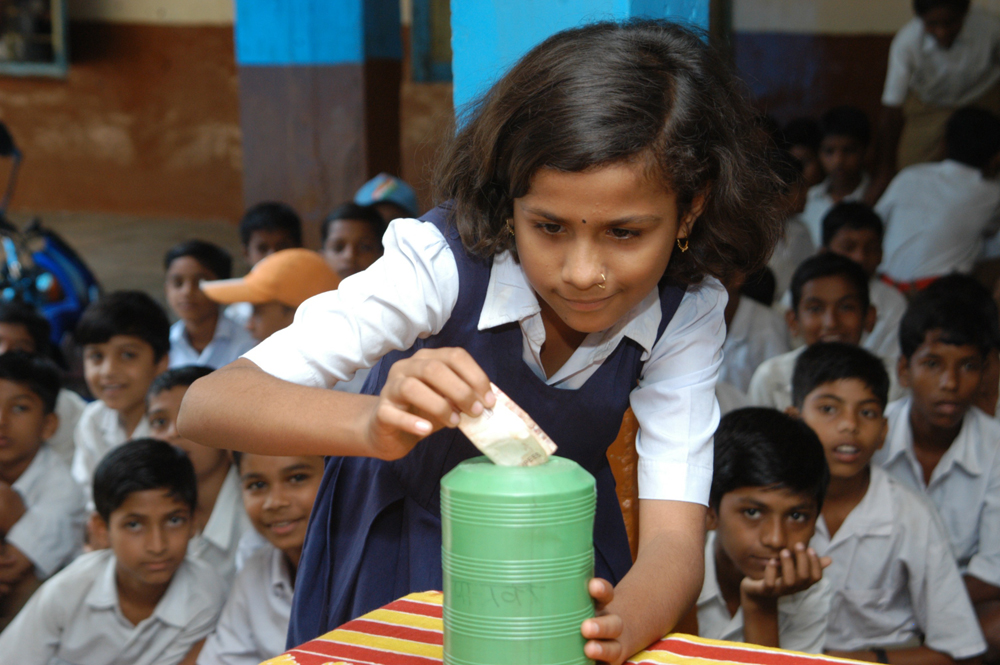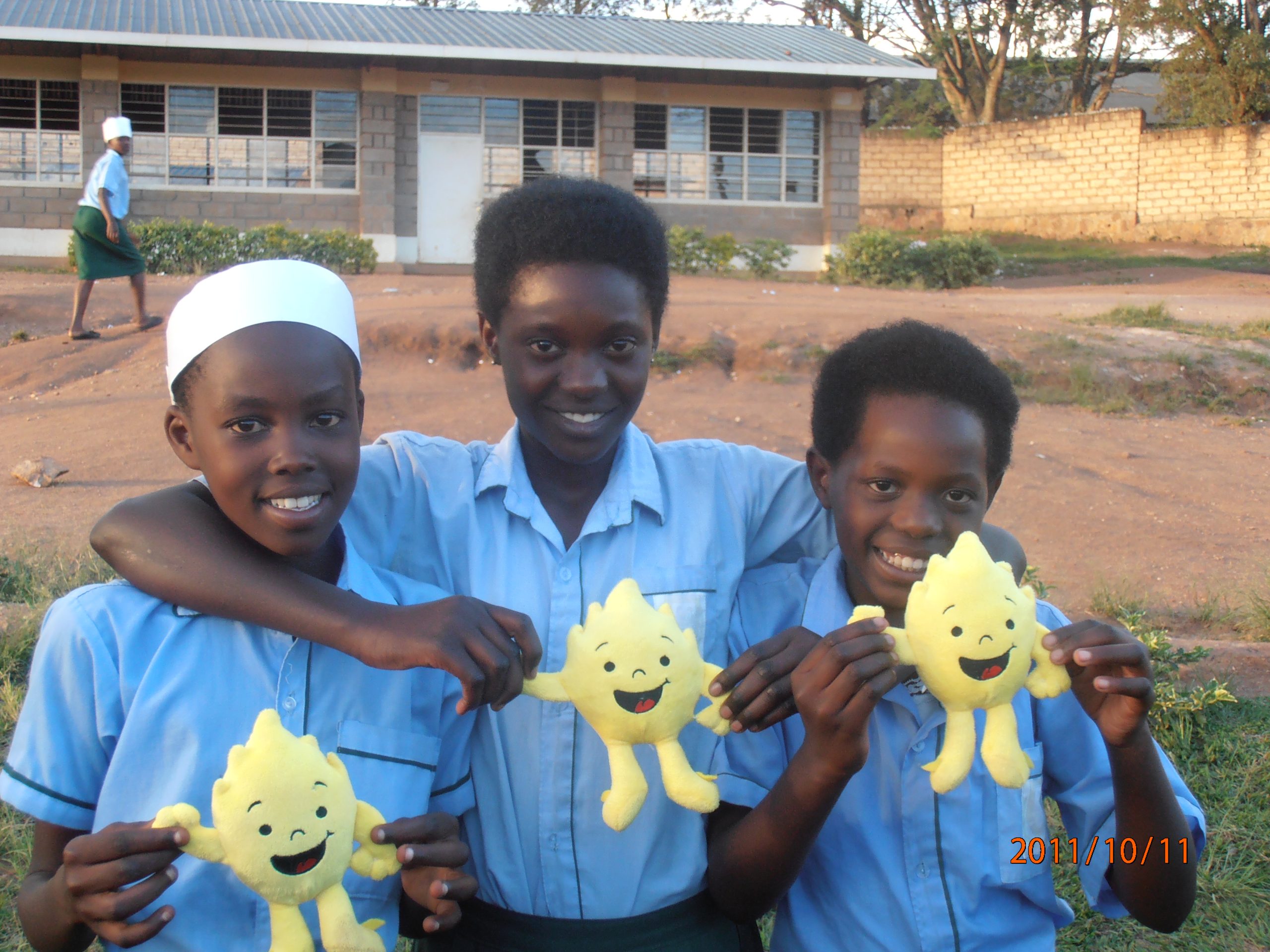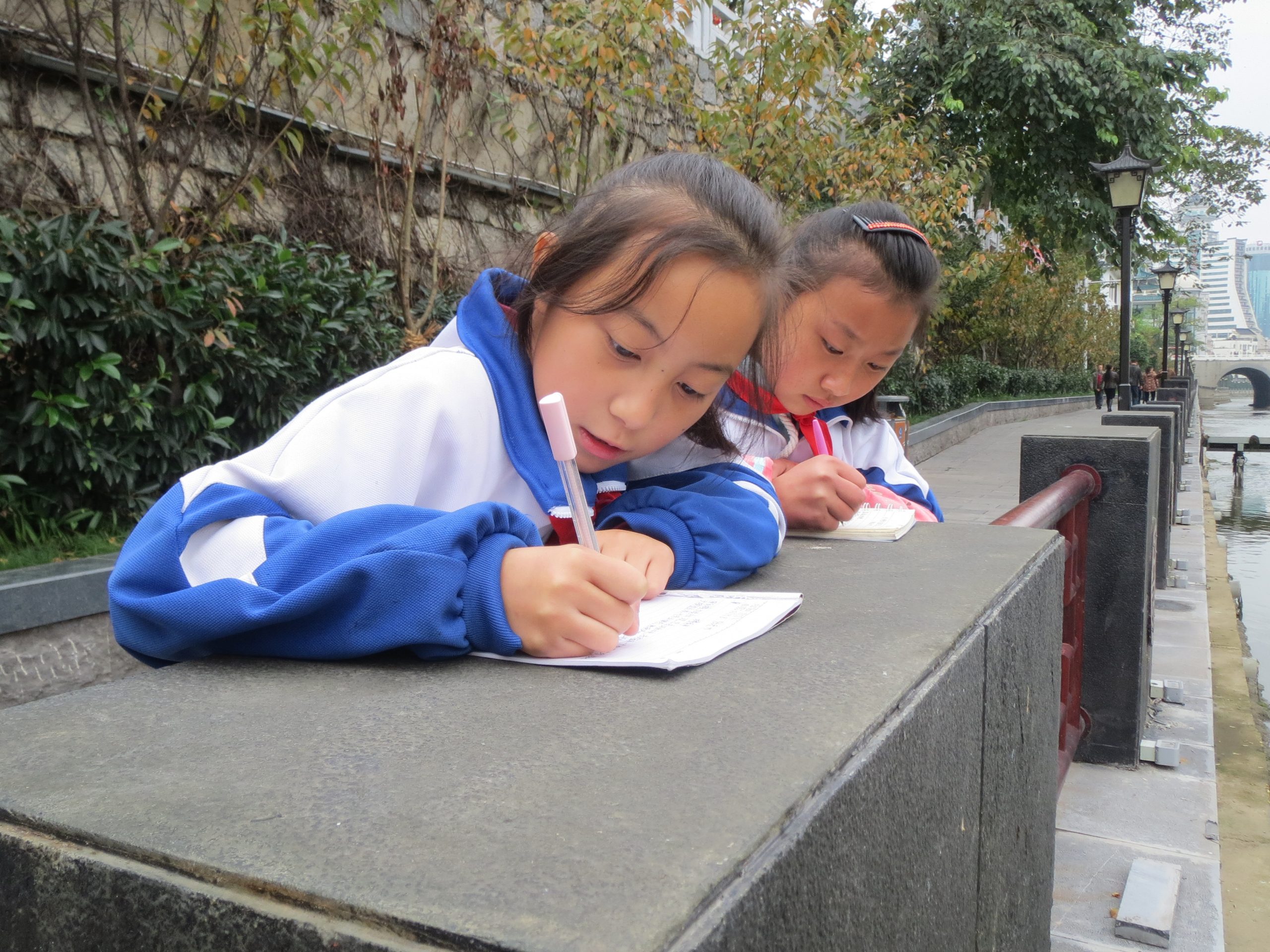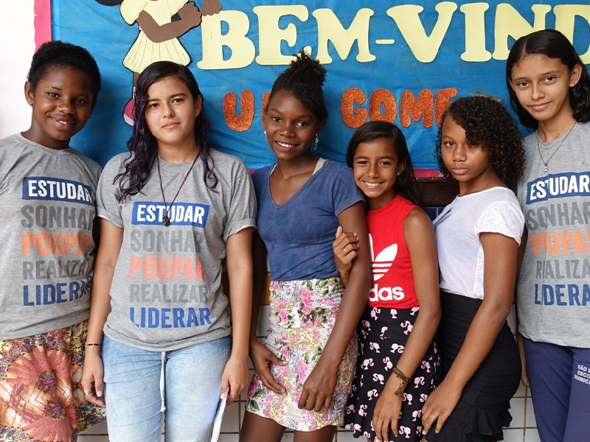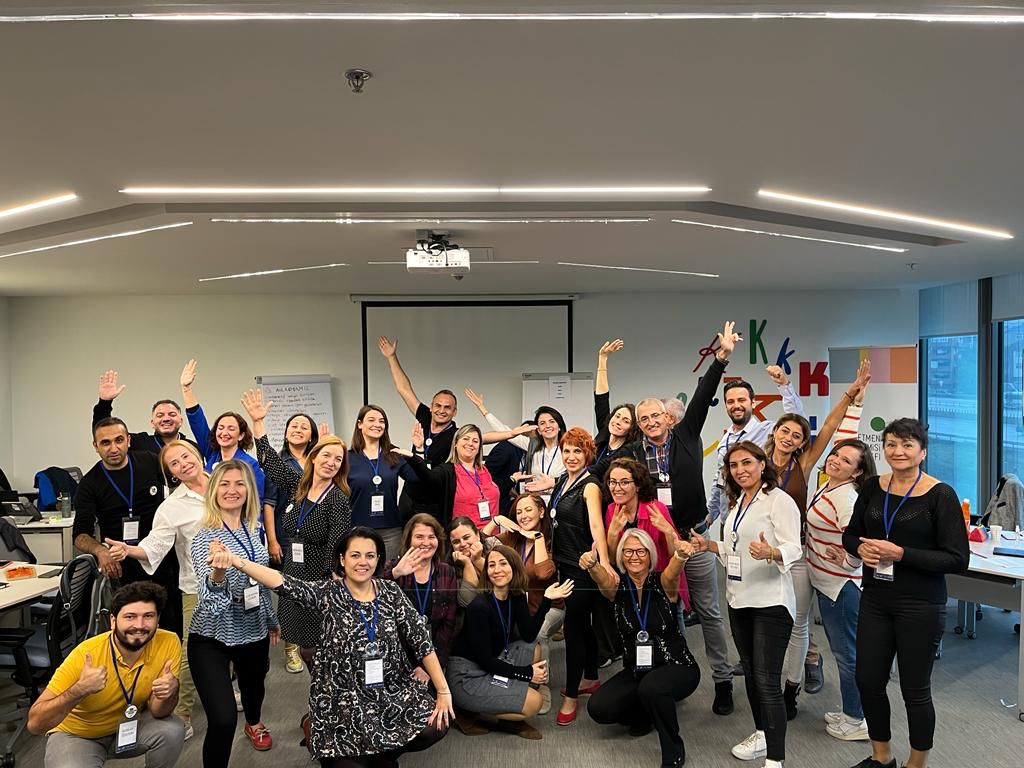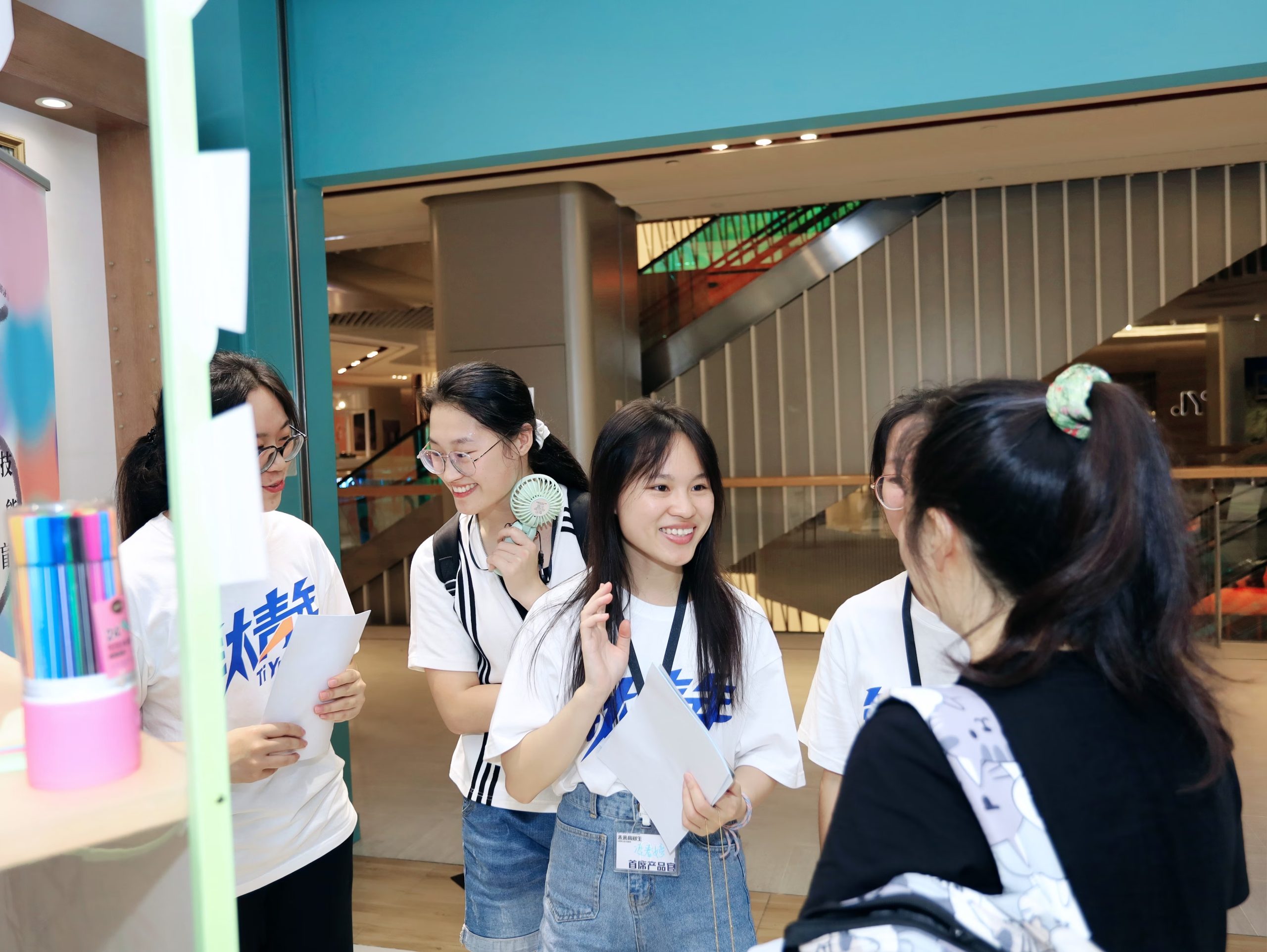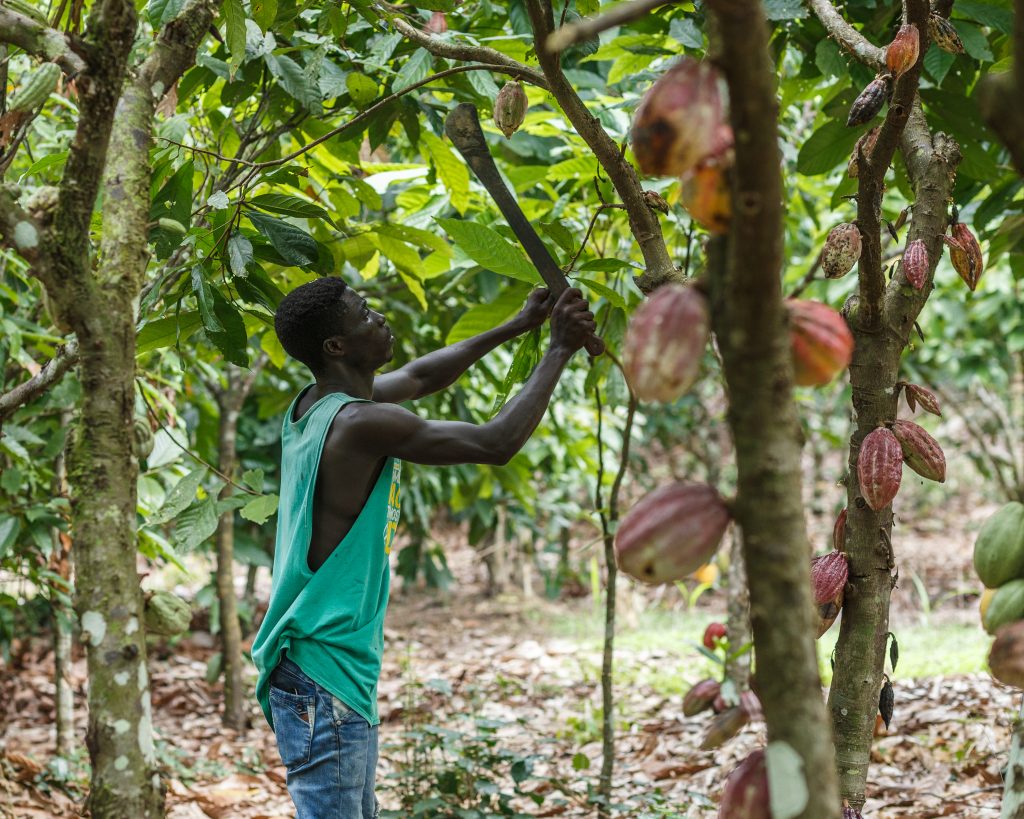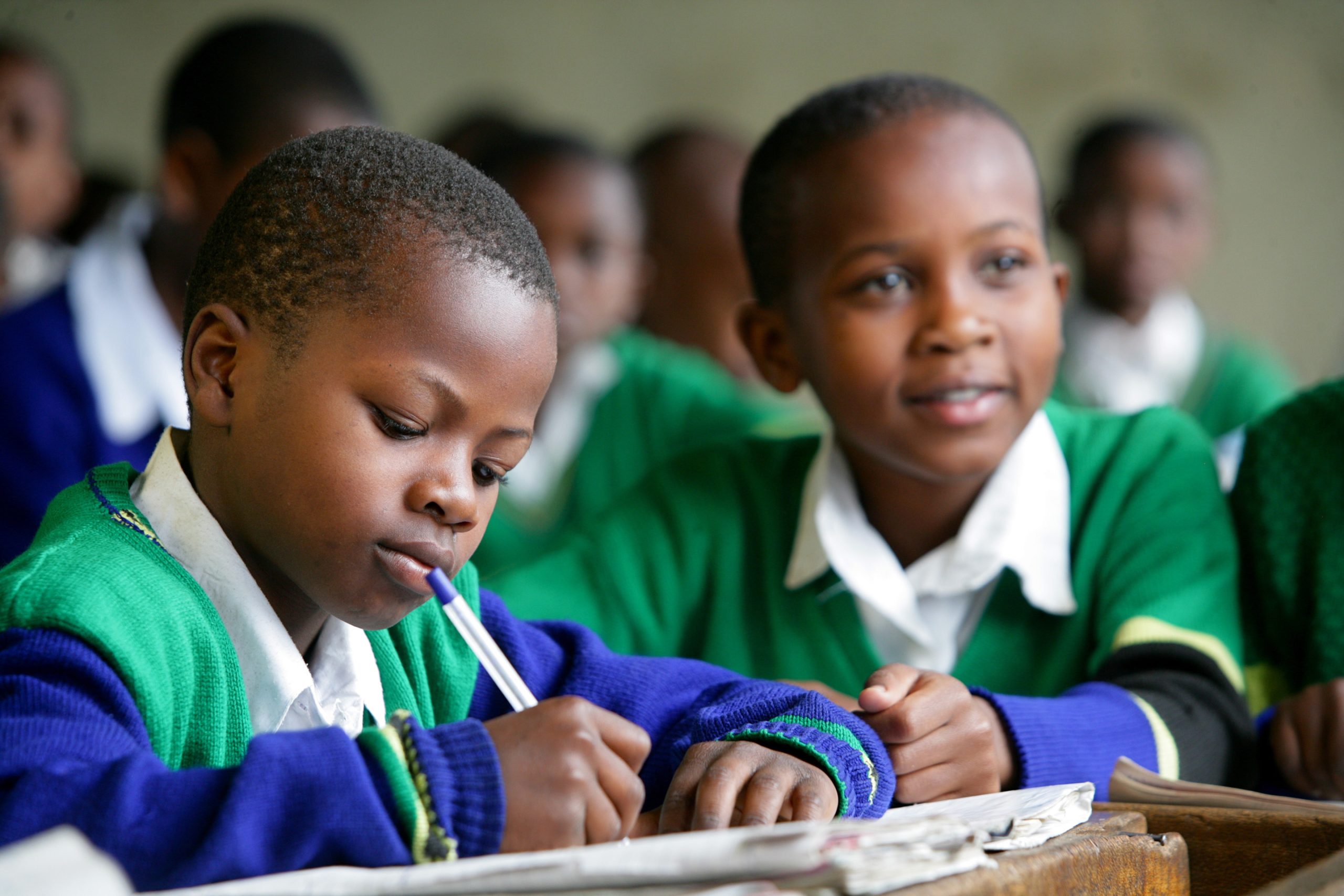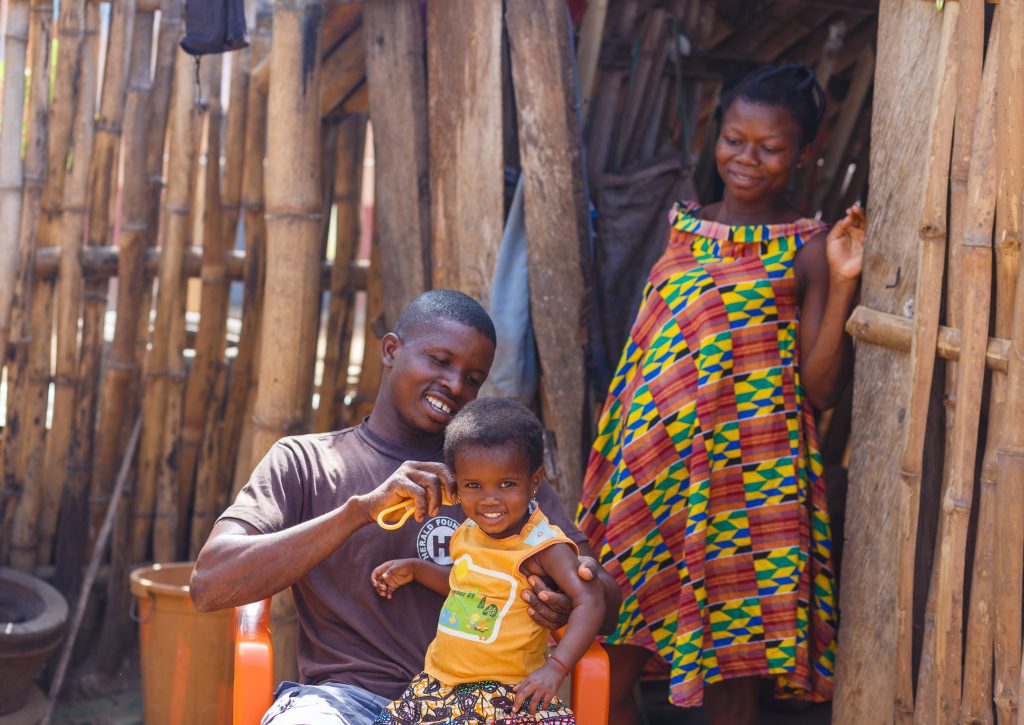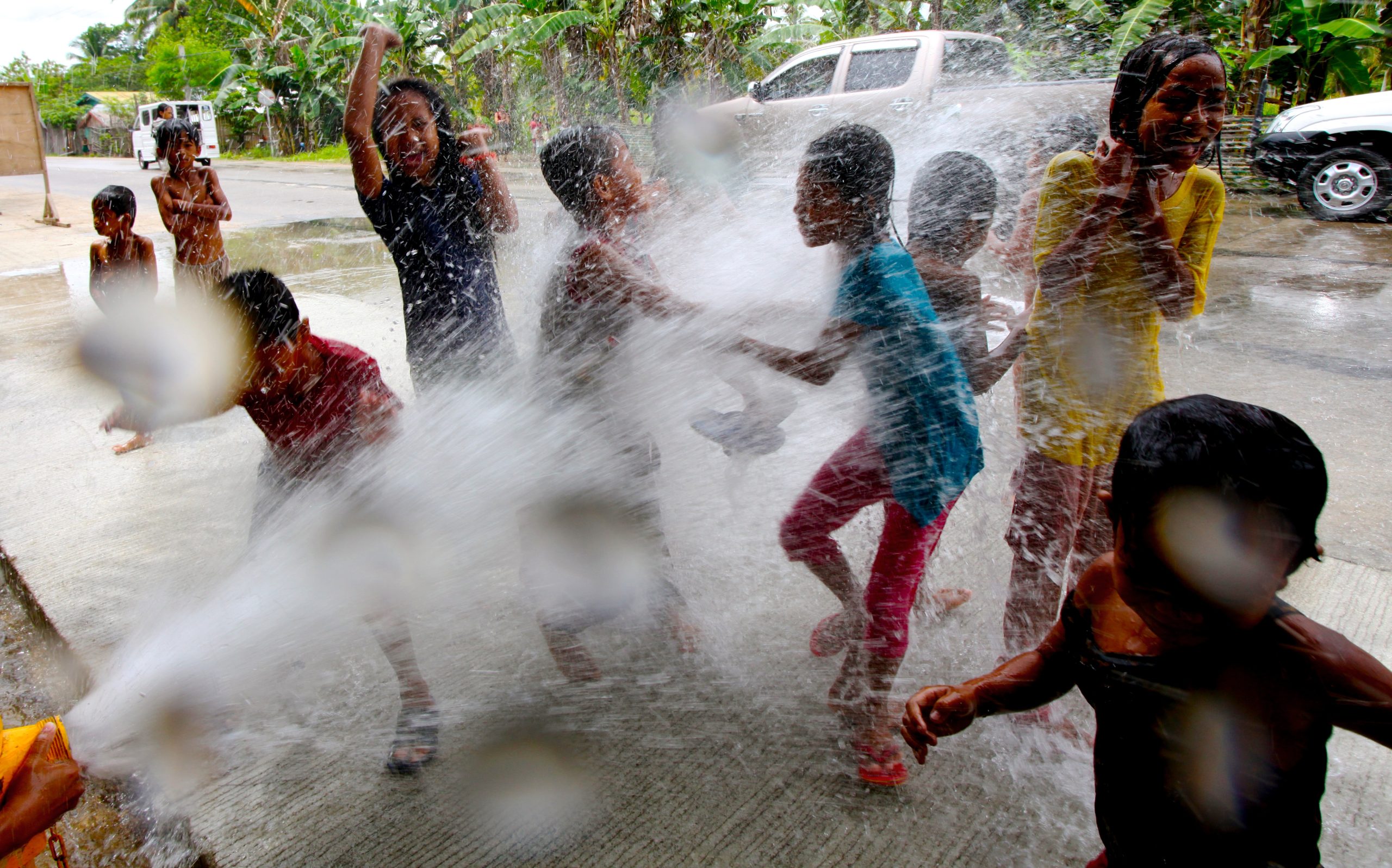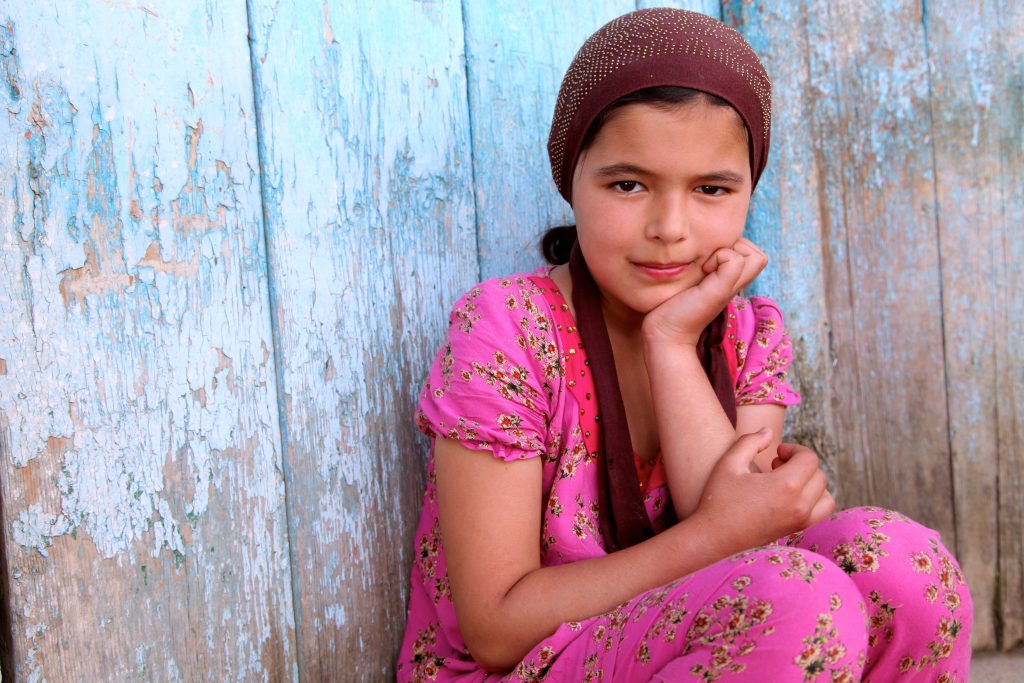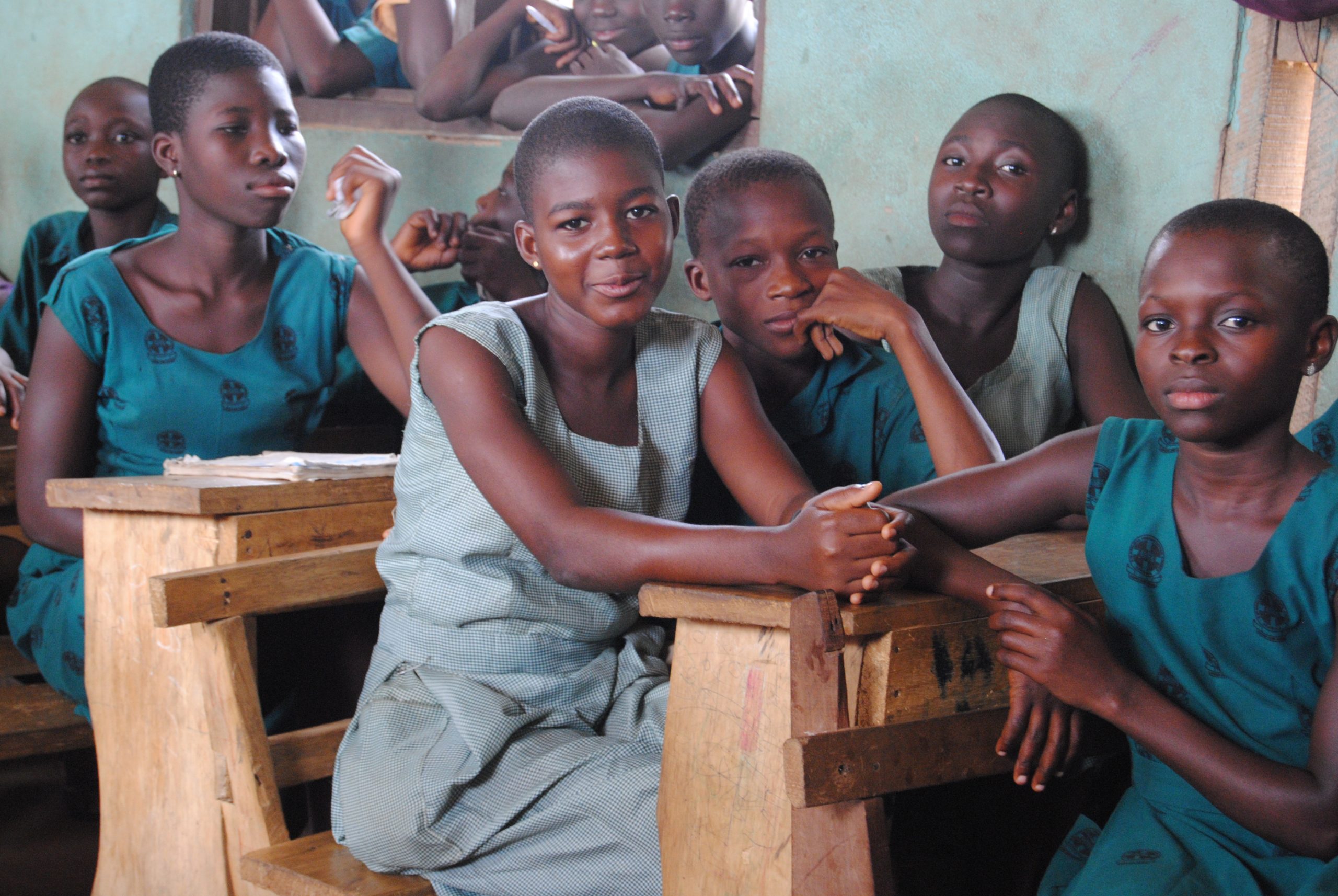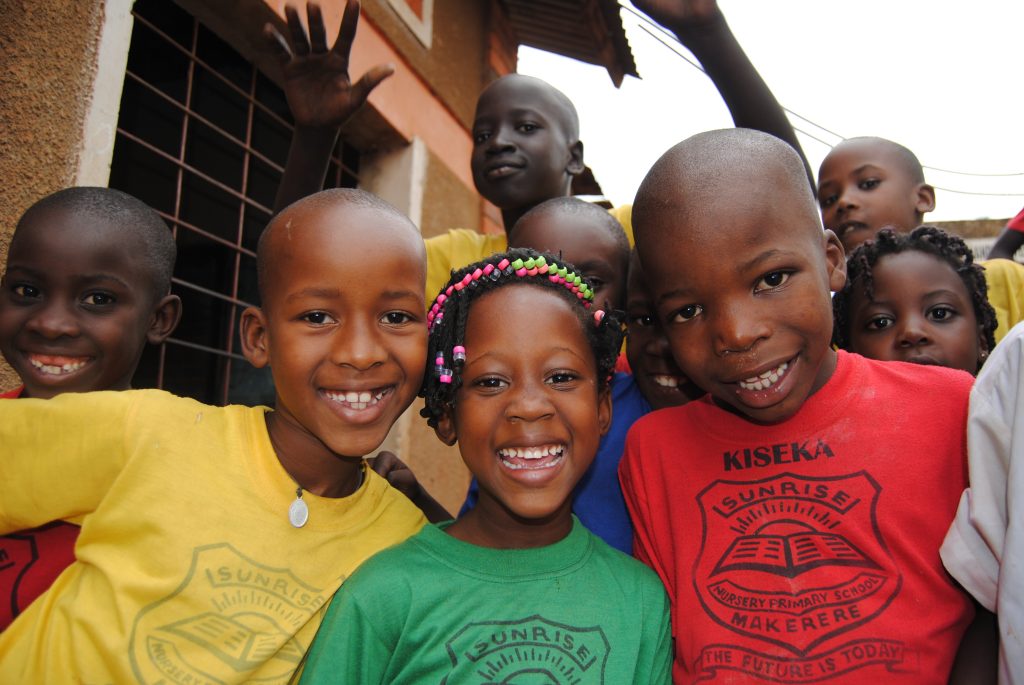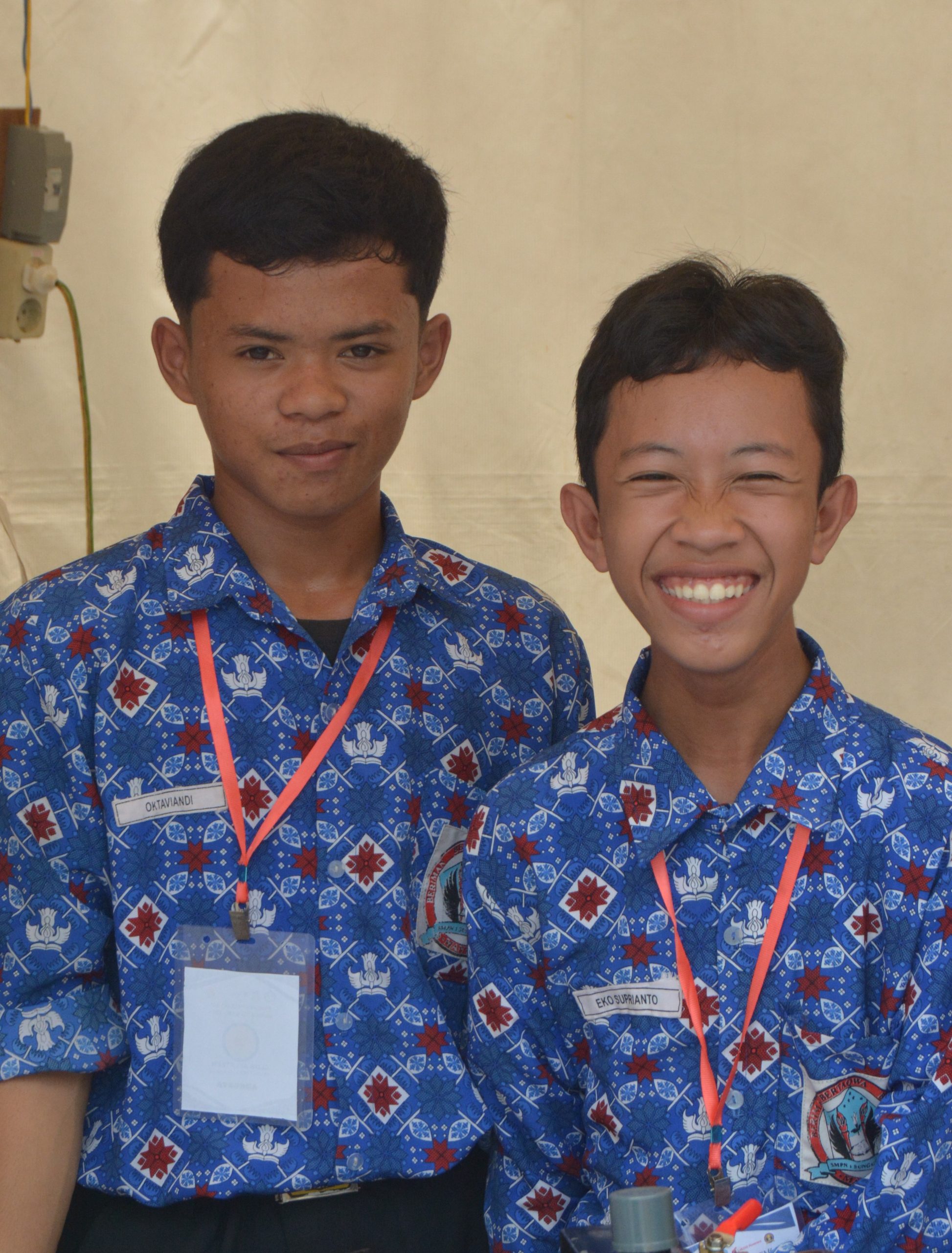- About Us
Latest Annual Report
ANNUAL REPORT 2024
Energising the global movement for social and financial education. In the midst of a global education crisis that has left millions of children and youth on the margins, the Aflatoun network of partners stands as a source of inspiration and positive change.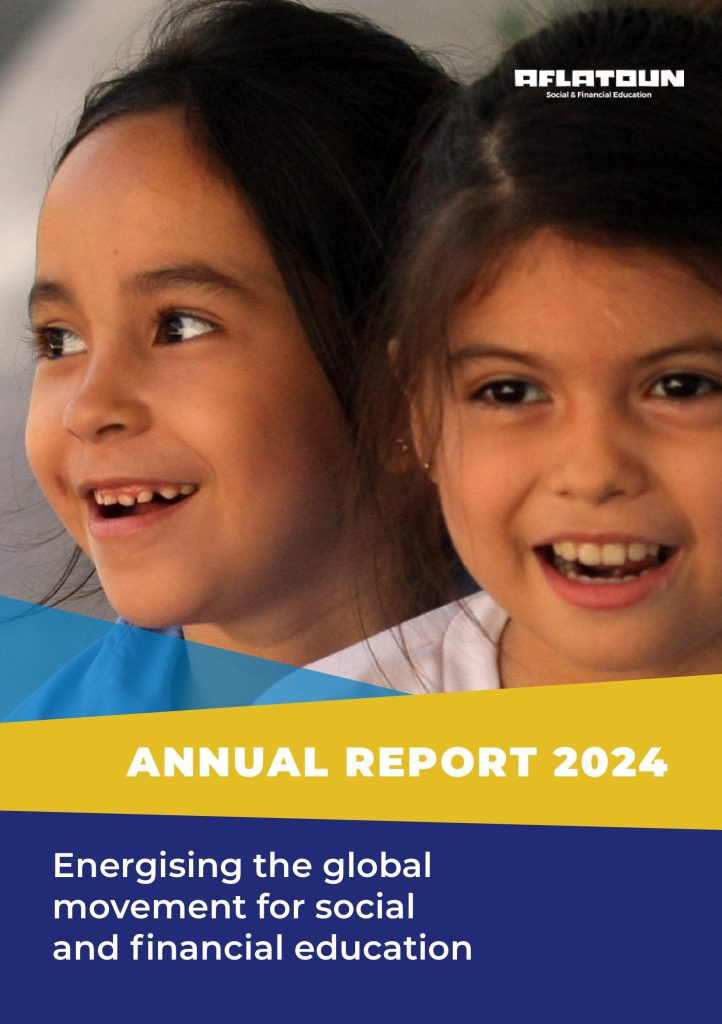
Mission
The world is rapidly changing and becoming more complex. It is more important than ever before that children gain social and financial skills to learn to get along and get ahead in life.
Vision
Socially and economically empowered children and young people who act as agents of change in their own lives for a more equitable world.
- Why SFE?
Our Core Programmes
AFLATOT
AFLATOT The early years of a child offer a unique opportunity to shape their development. In the Aflatot curriculum three to six year-olds gather the building blocks of social and financial literacy before they reach primary school.




- Our Research
- Our movement
Our movement
Our partners

Global and Local Implementing Partners

Advocacy Partners

Governmental Partners
- SFE Advocacy
- Global Money Week
- Global Social and Financial Skills Conference
- Regional Meetings
- #3880894 (no title)
Our Events
- News & blogs
- Contact
- Join Us





